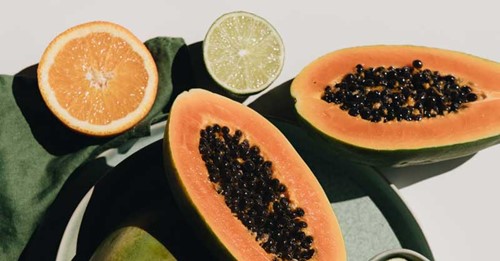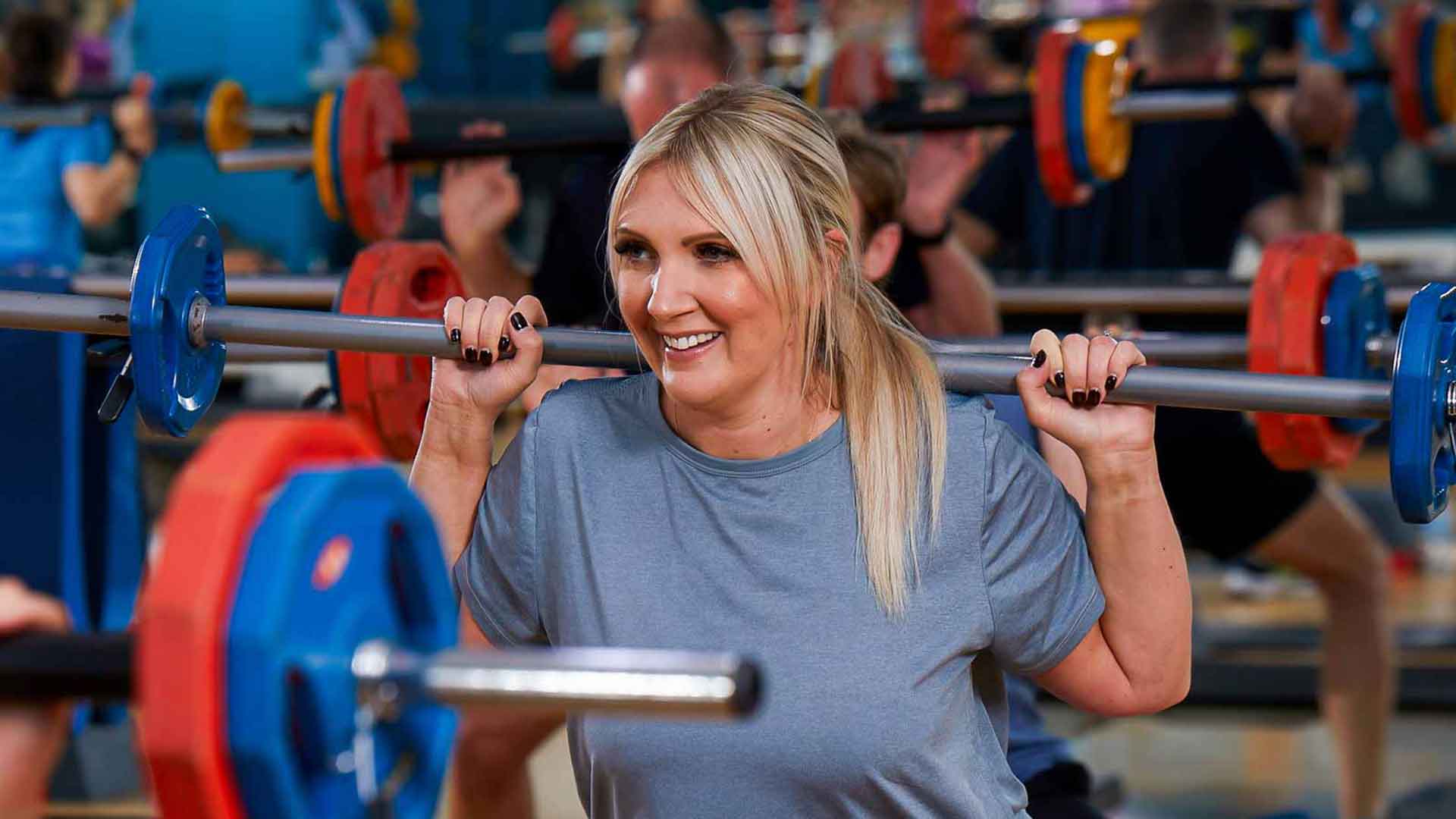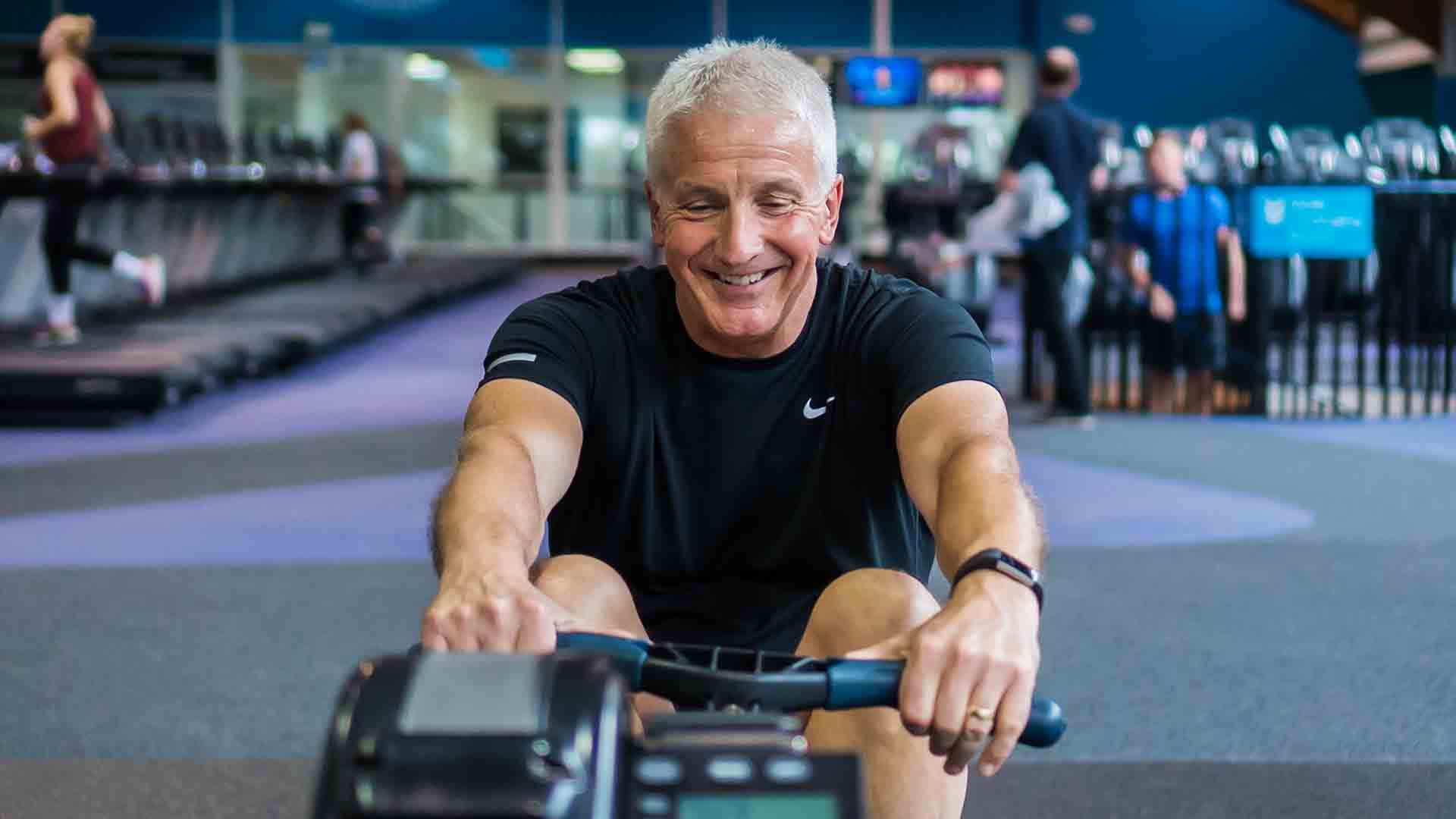- 06/10/2021
- Wellness & Nutrition
It’s 100% true that you need the right balance of exercise and diet to stay healthy. But even if you have an end goal in mind, it can be hard to figure out which diet will benefit you and fit into your lifestyle the best.
To get you started, we’ve broken down three of the best-known weight loss diets to help you make a healthy choice and achieve your target weight.
Intermittent fasting (I.F.)

What is it?
Intermittent fasting is a weight loss diet where you eat in regular time patterns then go into periods of fasting (when you are not eating).
You’ll often hear people talking about 18:6, 20:4 or other variations. This refers to when you should be eating or fasting and focuses on the ‘when’ rather than the ‘what’ you eat.
The most common variation is the 16:8, fasting for 16 hours every day and only eating within an eight-hour window. For example, you could skip breakfast and have two or more meals 12pm – 8pm, then fast until 12pm the following day.
Importantly, fasting doesn’t mean you can’t drink anything. You’re encouraged to drink as much water as you need to stay hydrated, as well as zero-calorie drinks and black coffee.
How could it benefit me?
- Enhanced memory: including being able to think more clearly and better working memory
- Tackling obesity and managing diabetes: may reverse and prevent obesity and Type 2 diabetes
- Improved respiratory and cardiovascular health: with improvements in resting heart rate and blood pressure
- Balanced body fat and lean muscle: those on a 16:8 plan could reduce their body fat while maintaining their lean muscle mass
Pros
- It can help with weight loss
- It may help you manage chronic conditions including irritable bowel syndrome, high cholesterol, and arthritis
- It may help with obesity and diabetes
Cons
- The 2-4 week transition period can cause severe irritability and hunger
- It may cause unusual anxiety, headaches and nausea during this transition period
- Research is still ongoing into different side effects and benefits
- It’s not suitable if you’re under 18, pregnant, breastfeeding, Type 1 diabetic or if you have a history of eating disorders
Is it right for me?
Intermittent fasting is safe and effective if you follow the proper eating and fasting windows in your plan. It can be a great way to manage your weight and aid certain health complaints. As with any big change to your health and wellbeing, we recommend you consult your GP before trying it.
Paleo diet

What is it?
The paleo diet (or caveman diet) is based on eating whole foods only. The idea is that it’s a similar macronutrient diet (fat, protein, carbohydrate) to our Cavemen ancestors from over 10,000 years ago, which is echoed in the type of food you can eat; lean meats, fish, fruits, vegetables, nuts, and seeds. You’re also encouraged to drink plenty of water throughout the day and stay active.
In theory, this matches what our body needs in a way that modern farming doesn’t. Supporters and creators of the diet claim that modern foods contribute to obesity, diabetes, and heart disease.
Foods to avoid on this diet:
- Grains: including wheat, oats and barley
- Dairy products: such as milk, cheese, yoghurt and butter
- Legumes: like beans, lentils and peanut
- Refined, processed sugars: which are not from fruits
- Potatoes
- Any non-organic or processed foods: examples include microwave meals
How could it benefit me?
Trials into the results of the diet have shown some benefits. But these studies have concentrated on smaller, handpicked groups of people and more research is needed. That said, the diet has been linked to:
- Weight loss
- Improving insulin sensitivity
- Regulating blood pressure
Pros
- It may help with weight loss
- There are possible health benefits such as improved blood pressure and managing insulin sensitivity
Cons
- Lack of research
- Potential deficit of vitamins and nutrients from excluding essential food groups
- Lack of data on long term effects of the diet
- It may be too expensive for some as it focuses on meat, organic vegetables and nuts
- Not recommended for women who are pregnant or breastfeeding
Is it right for me?
The paleo diet completely cuts out legumes, whole grains and dairy. This means that you get a boost of nutrients, fibre and vitamins from the foods you can eat, but you’ll miss out on things like calcium and protein. Before committing to it, it’s worth getting medical advice to see if it will benefit you and give your body what it needs.
The Atkins diet

What is it?
The Atkins diet is a low carb diet that’s been around since 1972. It works around a phased plan for reducing carbs, which will restrict your appetite.
Interestingly, you can eat as much fat and protein as you like and like all diets, you’re encouraged to stay hydrated. You’ll go through a four-phase plan, checking your daily carb intake on the Atkins carb counter to make sure you’re staying on track.
A quick run-through of the four phases looks like this:
- Phase 1– Induction: you’ll limit your carbs, forcing your body to use fat rather than carbs as its main fuel source. You’re encouraged to eat regularly and drink 6 – 8 glasses of water (approx. 1.2L – 1.5L) a day.
- Phase 2 – Ongoing weight loss: here you’ll find your carb tolerance, which is the level of carbs you can eat while still losing weight. You can start adding foods too, like seeds, berries, nuts and some cheeses.
- Phase 3 – Pre-maintenance: this phase is about embedding habits. You can add more grains, starchy veg, pulses and fruits and increase your carbs slightly.
- Phase 4 – Going low carb for life: when you’ve achieved and maintained your goal weight, you’ll find the best diet for your lifestyle based on what you’ve learned.
How will it benefit me?
Studies show that the Atkins diet can help with:
- Reducing body fat
- Lowering blood sugar levels
- Improving HDL (Good) cholesterol
- Reducing your blood pressure
Pros
- Effective against weight loss
- Low carb diets have plenty of research to back up their effectiveness
- Other health benefits may include helping with blood pressure, cholesterol and blood sugar
Cons
- Potential side effects include dizziness, headaches, weakness and constipation
- Not recommended for women who are pregnant or breastfeeding
- May trigger existing health conditions
Is it right for me?
The Atkins diet encourages eating whole and organic foods whilst controlling calorie intake, which is the biggest contributor to weight/fat loss, but like any diet, it’s not suitable for everyone. If you have any questions or underlying health issues, you’ll need to chat with your GP first.
References





